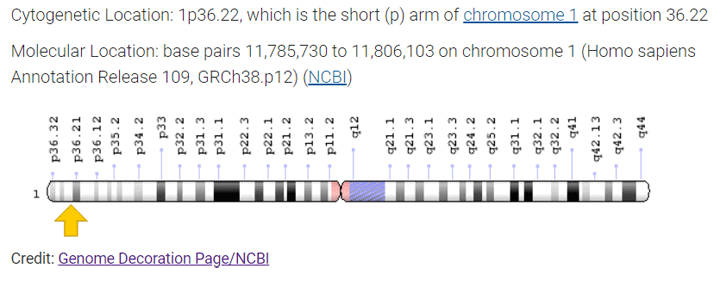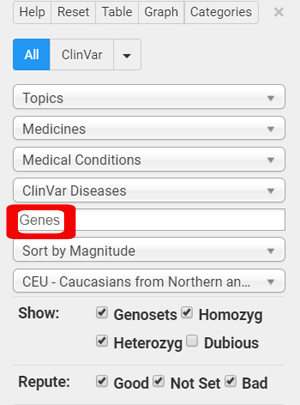There have been so many claims in the alternate medicine arena about health problems caused by variations in the MTHFR gene that I was not surprised to get this request from a favorite cousin:
Could you please check to see if there is information in my Ancestry
test that tells you whether I have a bad version of the MTHFR gene?
Like many genes, the MTHFR is made up of a long DNA chain including many SNPs (Single-nucleotide polymorphisms), pronounced “snip.” SNPs are places where a single letter in the DNA code often changes to another letter. Since these can vary from one person to another they are useful for figuring out ethnicity. However some variations can have health effects. Typically you would need more than one variation to greatly increase your risks of specific diseases, but not always.
So what does the MTHFR gene do? It has the instructions for making an enzyme critical to turning the amino acid homocysteine to another amino acid, methionine, a building block for making proteins. That is a simplification; click here for the full explanation from the National Library of Medicine (NIH).
One health condition, known as homocystinuria, causing blood homocysteine levels to be too high, is caused by variations in this gene. However that can easily be addressed with certain vitamin B supplements. Geneticist Charis Eng discusses why a DNA test is not needed to diagnose or treat this at https://health.clevelandclinic.org/a-genetic-test-you-dont-need/
The genetic cause is not simple, according to the NIH at https://ghr.nlm.nih.gov/gene/MTHFR#conditions – “At least 40 mutations in the MTHFR gene have been identified in people with homocystinuria, a disorder in which the body is unable to process homocysteine and methionine properly.”
So can I answer my cousin’s question? There are several SNPs in the MTHR that have been intensely studied, maybe these were tested in her Ancestry.com test.
My advice to her was to upload to Promethease.com which will analyze this nicely for her. When you look at the report, type MTHFR in the box labeled Genes (outlined in red in my image here) and let it tell you your risks.
Of course I still had to figure out whether I could find the most interesting MTHFR SNPs in the raw results. If they are not there, then Promethease will not be much use.

